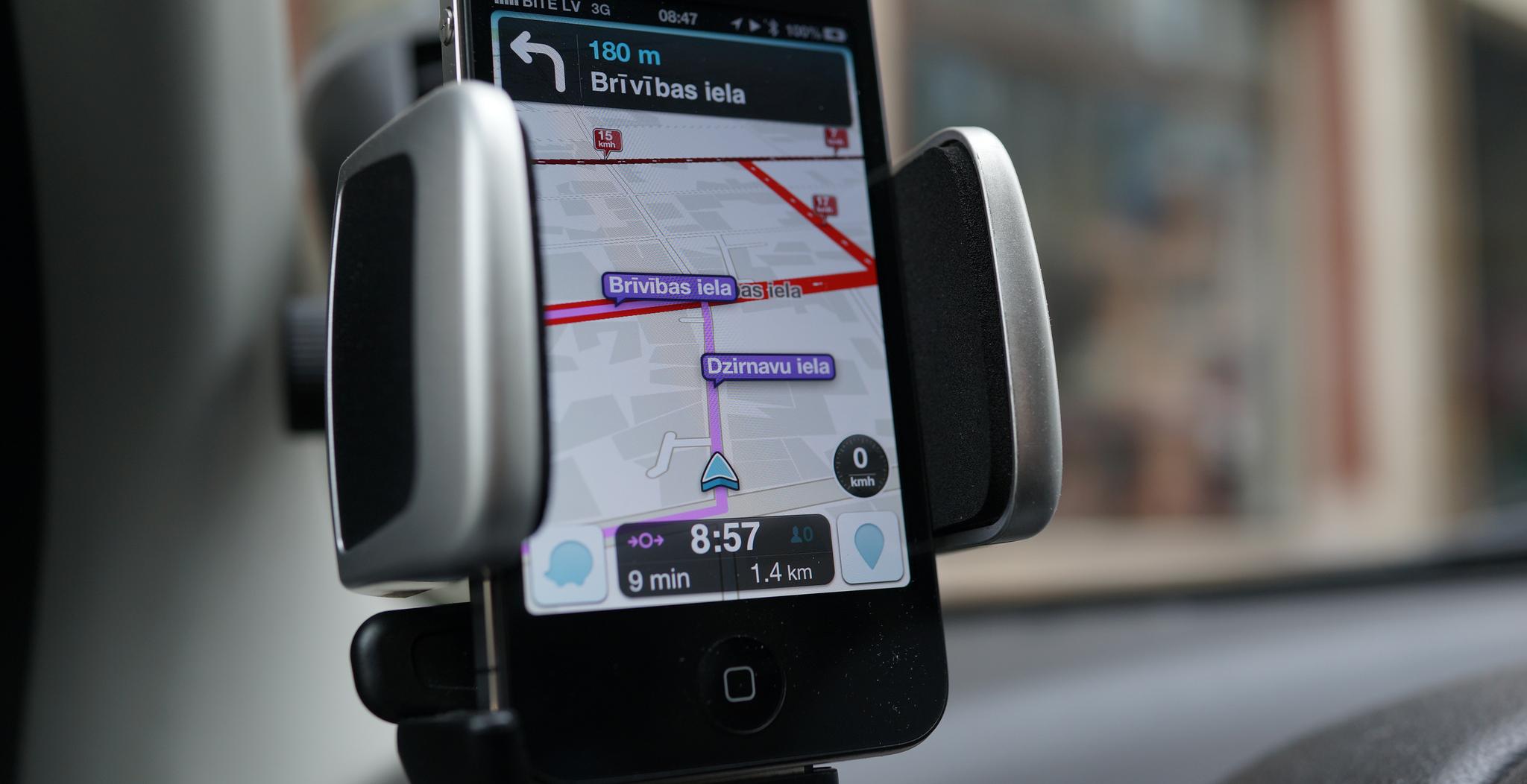
Waze Isn't Actually Better Than Google Maps, And Other Facts
Welcome to What We Learned This Week, a digest of the most curiously important facts from the past few days. This week: Waze isn't the king, we might be able to save American manufacturing if we really try, and we should just go back to Michael Pollan's maxim "Eat food. Not too much. Mostly plants."
Google Maps Is Still King
For years, Waze has been the navigation app for the savvy driver. The casual driver will use Google Maps, the Apple fanboy will use Apple Maps, but the road warrior will know to open up Waze, where a legion of like-minded drivers are reporting road closures, cops, and anything else that might add precious minutes to a commute or Uber ride. But does Waze's superiority actually bear out in the real world, or is it just mystique at this point?
Not content to just argue about it on the internet, Artur Grabowski started testing Apple Maps, Google Maps and Waze in the real world, meticulously documenting 120 trips. It's worth clicking through to read his full methodology and results, but the TL;DR is this: Waze may tell you it's going to get you somewhere faster, but Google Maps will actually get you there faster.
[arturrr]
It's Still Possible To Save American Manufacturing, But It Won't Be Easy
The Death Of American Manufacturing has been a part of the national political conversation for decades, but despite decades of promises from politicians and companies, the slow trickle of manufacturing to foreign shores has continued.
As Meredith Haggerty discovers in her deep-dive into apparel maker American Giant, it doesn't have to be this way. American companies, if they choose to do so, can find ways to keep production and supply chains in the US. But it's not easy, nor is it particularly cheap, and bringing American manufacturing back from the brink will hinge on whether companies (and consumers) choose to do "something instead of doing nothing because doing nothing is easier."
[Racked]
The City Of The Future Was Built And It Was Bad
From the always interesting folks over at 99% Invisible comes the story of Bijlmermeer (Bijlmer, for short), a planned community outside Amsterdam that, when it was conceived after World War II, was intended to be a crowning achievement of Modernist principles. Things… did not work out. In fact, they did not work out to such an extent that a famed Dutch architect "went on national TV and cried literal tears over what an awful concrete monstrosity Bijlmer was."
One day we'll get the city of the future we deserve, unless futuristic cities are just destined to be terrible.
We Should Probably Stop Worrying About Specific Diets
It's been more than 10 years since Michael Pollan boiled down healthy eating to the pithy "Eat food. Not too much. Mostly plants." In the intervening decade, not much has changed in our approach to food and dieting, in that we'e still constantly proclaiming the benefits of new dietary regimes while uncovering evidence that last year's diet actually turned out to be ineffective.
Two new studies indicate that we'd probably be better off returning to Pollan's advice — the first, which shows that the dreaded, weight-adding carb might not actually be what we fear it to be; the second, which argues that what actually matters in a diet is the quality of the food, rather than the type. Or as Pollan might put it: "Try a diet. In Moderation. With good ingredients."
